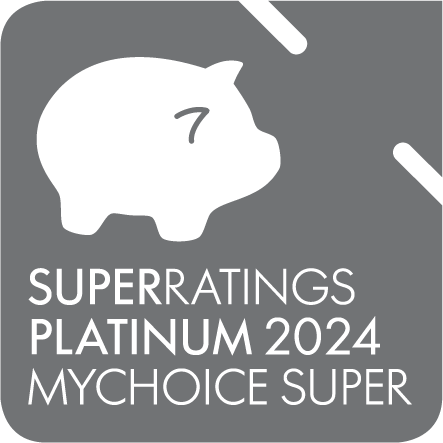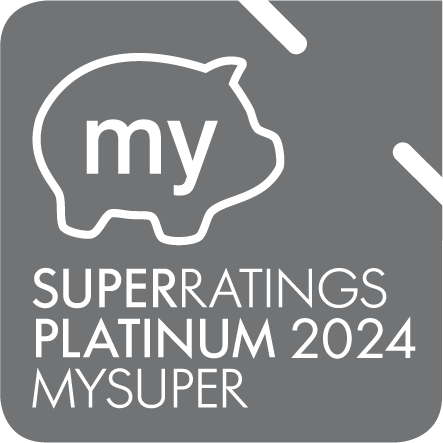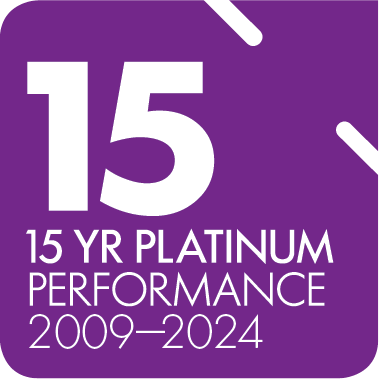“A reluctance to spend superannuation savings means many Australians die richer than the day they retire.”
That’s the unlikely trend identified in a CSIRO research paper.
It’s one that’s been amplified over the previous 12 months due to a combination of COVID-19 belt-tightening and better than expected investment returns.
Having more money than you can spend is a nice problem to have, and it highlights one of superannuation’s unspoken questions. “What happens to my money when I’m no longer here?”
Let’s find out.
Super and your dependents
At a basic level, your super fund must pay out any remaining super and / or insurance coverage to your dependents when you die. This is known as a death benefit.
Dependents can include:
- Your spouse (including de facto or same-sex partners),
- Your children (including step kids or adopted children),
- Anyone who is financially dependent on you,
- Anyone who has an interdependent relationship with you.
The best way to make sure your super ends up in the right hands is to provide your super fund with a Binding Death Nomination.
Binding Death Nominations and your super
A Binding Death Nomination let’s your super fund know what they should do with your money.
It’s a legally binding contract that outlines who gets your super and insurance benefits if you die.
A binding death nomination can help fast track payments to your dependents, as all the details are agreed upon, and your super fund simply acts on the instructions provided (providing the nomination remains valid at the time of your death).
Our members can make a binding nomination by completing the Binding Death Nomination form.
Most super funds also allow you make a non-binding nomination. This is a less formal arrangement that can generally be done on the phone or via the website. While it’s not a legally binding document, it helps your super fund understand your wishes.
If you want to leave your super to someone who is not a dependent, e.g., your parents, siblings, or a charity you’ll need to nominate your legal representative in the Binding Death Nomination and direct them to your Will, where you can allocate where your super should go.
Who is entitled to your super?
If you haven’t nominated your beneficiaries, that decision will be made by your super fund. The allocation will be based on a number of factors including:
- Who is legally entitled to your super and insurance benefits,
- Dependents financial situation and how they were supported prior to the death
- If a will exists and if there were any instructions about super
Note that a Will doesn’t automatically cover super the same way it might a home, car or other assets. While it may be used as a reference, it’s not binding and may be superseded by other arrangements or documents, such as a Binding Death Nomination.
If you do not have any dependents, your benefit will be paid to your estate and managed as per instructions in your Will, or for those without a Will, via legal avenues.
Complete your form today
While it can be a sensitive topic for some, the reality is everyone’s time is limited.
Some of us will leave behind money in our Account Based Pension accounts, quite possibly more than we expect. A Binding Death Nomination is the best way to ensure your super fund allocates the money appropriately, and it finds its way to the right people. Click below to film out your form today.










